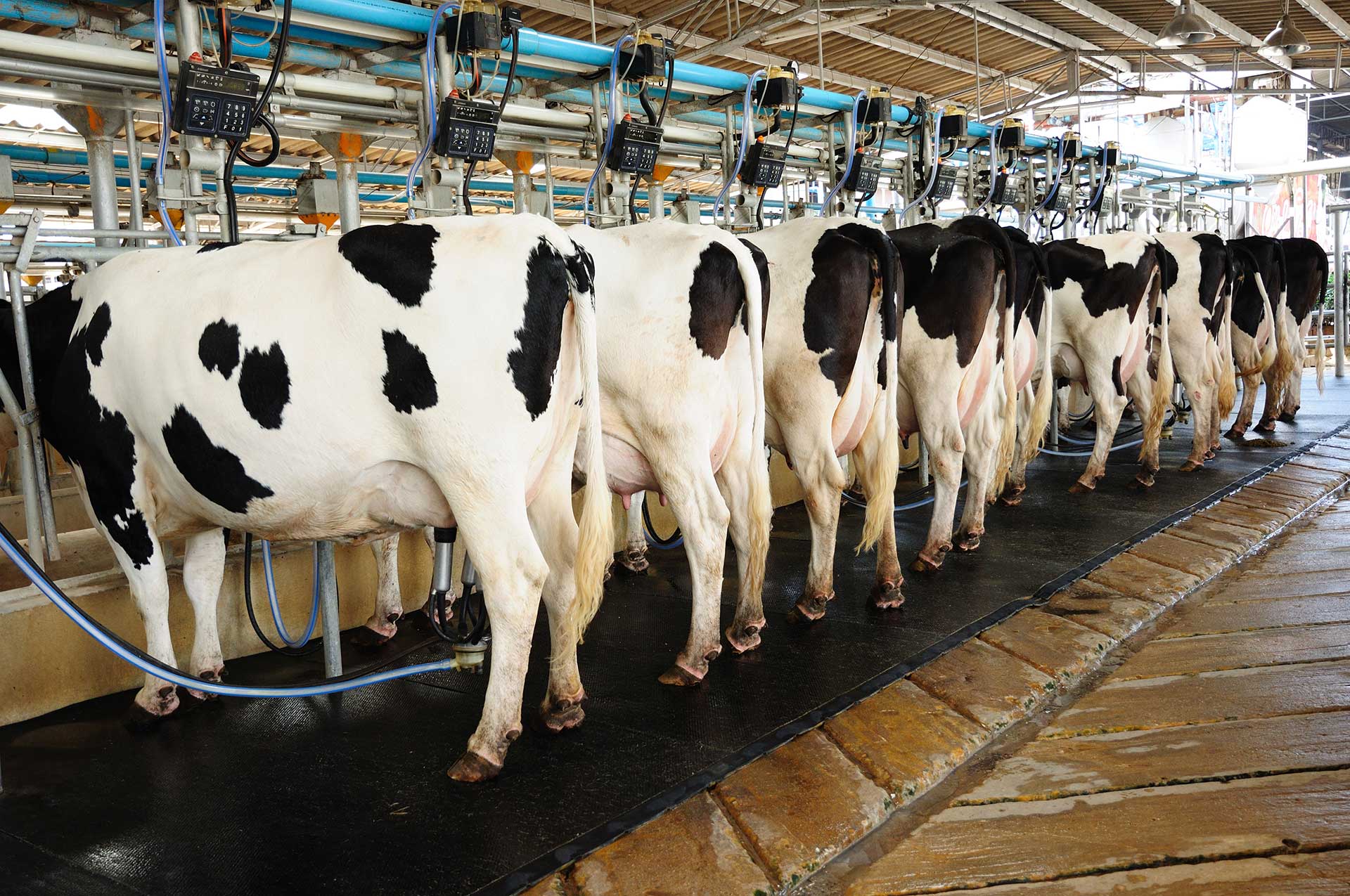Pesticide Residue Testing in Milk
Pesticide residue testing plays a critical role in ensuring food safety and regulatory compliance, particularly within the dairy sector. Given the global increase in demand for organic and naturally produced milk products, it is essential to verify that these products do not contain harmful pesticide residues. This service involves analyzing milk samples to detect and quantify any pesticide residues that may be present.
The importance of this testing cannot be overstated, as even trace amounts of pesticides can pose significant health risks. Regulatory bodies around the world have established strict limits on the permissible levels of pesticide residues in dairy products. For instance, according to ISO 3651-2:2017 and EN 14215:2018 standards, milk and milk products should not contain detectable amounts of certain pesticides.
The testing process typically begins with the collection of raw milk samples from farms or processing plants. These samples are then transported to our laboratory for analysis. Our team of expert scientists uses a combination of advanced analytical techniques, including gas chromatography-mass spectrometry (GC-MS) and liquid chromatography-tandem mass spectrometry (LC-MS/MS), to ensure accurate and reliable results.
Once the samples are received at our facility, they undergo rigorous preparation steps. This includes homogenization, filtration, and extraction using appropriate solvents. The extracted residues are then purified before being injected into the GC-MS or LC-MS/MS instruments for analysis. Our state-of-the-art equipment allows us to detect even trace amounts of pesticides, ensuring that no harmful substances escape our scrutiny.
The results of these analyses are provided in a comprehensive report, which includes detailed information on the detected residues and their concentrations. Compliance with international standards such as ISO 3651-2:2017 and EN 14215:2018 is guaranteed by our stringent quality control measures and adherence to best practices.
By partnering with us for pesticide residue testing in milk, you can ensure that your products meet the highest safety standards. This service not only helps maintain consumer confidence but also ensures compliance with local and international regulations.
Why It Matters
The significance of pesticide residue testing in milk cannot be overstated, as even trace amounts of pesticides can pose significant health risks. Regulatory bodies around the world have established strict limits on the permissible levels of pesticide residues in dairy products. For instance, according to ISO 3651-2:2017 and EN 14215:2018 standards, milk and milk products should not contain detectable amounts of certain pesticides.
Failure to adhere to these regulations can result in severe consequences, including product recalls, legal action, and damage to brand reputation. By partnering with us for pesticide residue testing in milk, you can ensure that your products meet the highest safety standards, thereby protecting public health and maintaining consumer trust.
Scope and Methodology
| Step | Description |
|---|---|
| Sample Collection | Collection of raw milk samples from farms or processing plants. |
| Transportation | Transport the samples to our laboratory for analysis. |
| Sample Preparation | Homogenization, filtration, and extraction using appropriate solvents. |
| Purification | Purify the extracted residues for accurate analysis. |
| Instrumentation | Use GC-MS and LC-MS/MS instruments for residue detection. |
| Data Analysis | Analyze the data to determine the presence and concentration of residues. |
| Reporting | Provide a comprehensive report on the results, including compliance with international standards. |
Industry Applications
The demand for pesticide residue testing in milk is driven by several factors. Consumers are becoming increasingly health-conscious and prefer organic or naturally produced dairy products. Regulatory bodies have also tightened their standards, making compliance more challenging but necessary.
Besides ensuring regulatory compliance, this service can help quality managers identify potential issues early on, preventing costly recalls and maintaining brand reputation. Compliance officers can use the results to ensure that their suppliers meet the required standards. For R&D engineers, this testing provides valuable data for developing safer farming practices.
For procurement teams, pesticide residue testing ensures that they are sourcing milk products from reliable suppliers who adhere to strict quality and safety standards. By partnering with us for pesticide residue testing in milk, you can ensure that your products meet the highest safety standards, thereby protecting public health and maintaining consumer trust.





